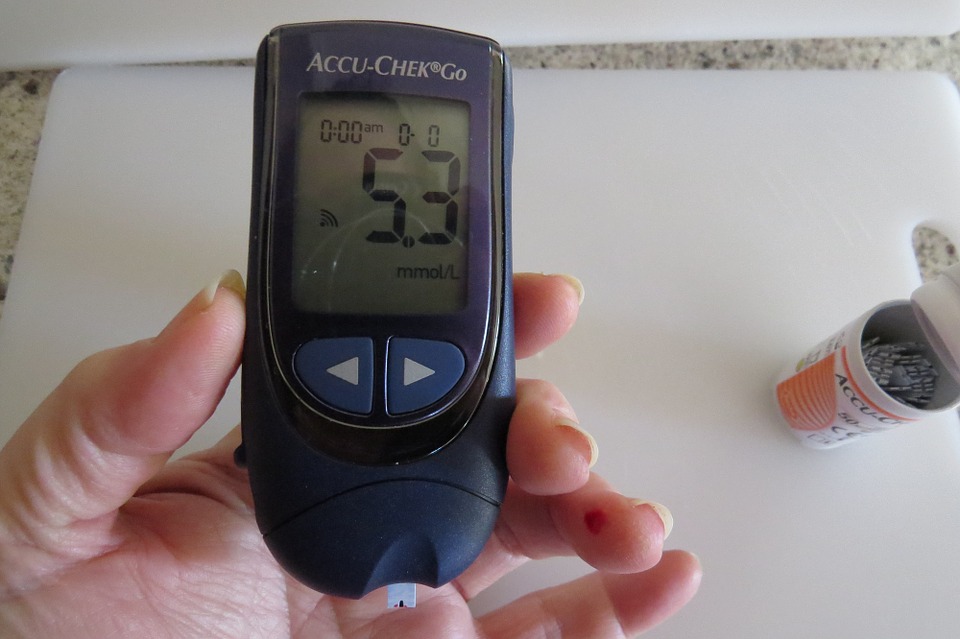New Philosophy for Diabetes Clinical Trials
 Traditionally, diabetes clinical studies have been focused on the immune system as the area where the disease would develop. Currently though, recent research has begun to look at the nervous system as the area where diabetes could develop within the human body. With this new philosophy also come a number of new diabetes treatments and therapies.
Traditionally, diabetes clinical studies have been focused on the immune system as the area where the disease would develop. Currently though, recent research has begun to look at the nervous system as the area where diabetes could develop within the human body. With this new philosophy also come a number of new diabetes treatments and therapies.
This is really good news for any clinical trial facilities located in the U.S., because they now have a number of new opportunities to conduct a diabetes clinical trial. Insulin shots and stuff like that will still be used in cases to control the blood glucose levels of patients with diabetes.
In cases of type 1 diabetes, a person’s islet cells, which are located in the pancreas, will actually stop creating insulin for their body. In order to receive this much needed insulin for their bodies, they must be given daily insulin shots which serve to keep their blood sugar levels in check. There are a number of diabetes clinical trials out there which are testing an experimental treatment for type 1 diabetes.
Right now at Emory University in Atlanta, GA, they are in the process of testing this experimental type 1 diabetes treatment known as islet transplantation. The procedure will involve the transplantation of isolated islet cells from a donor’s pancreas into the diabetic pancreas. If the procedure is successful, then the donor islet cells will start to produce their own insulin for the patient. As with any transplant, the donor cells have to be genetically identical to the recipient or the patient’s immune system will start to attack the “foreign” cells. In order to help prevent this type of thing from happening, immunosuppressive medication will be used in combination during this diabetes clinical trial. Medical researchers hope to evaluate the safety and effectiveness of this type 1 diabetes treatment.
(You can also check out some of the other clinical trials in Atlanta)
The Emory University School of Medicine also conducted a recent clinical study for type 2 diabetes treatments. This study was testing two different insulin regimens for diabetic patients who were about to undergo surgery. Researchers were interested to see what the effects would be when using this new type of insulin regimen. High blood glucose levels in patients with diabetes can lead to in-hospital complications and even death during surgeries and other operations.
Medical researchers believe that improved glucose control through insulin injections should lead to better clinical outcomes and less risk of hospital complications for diabetic patients. In recent studies for example, medical researchers were able to combined Lantus® and Apidra® insulin effectively with a lower rate of hypoglycemia in diabetic patients.
Researchers at Emory have found that a single daily dose of glargine plus corrective doses of gluslisine (Basal Plus) before a patient’s meal has been effective for type 2 diabetes mellitus. Significantly, the average daily blood glucose levels of the patients who have been treated with the Basal Plus regimen is about equal with the levels of patients who have received the Basal Bolus insulin regimen before meals. The medical investigators at Emory University aim to determine which of these insulin treatments actually work best for controlling the glucose levels of hospitalized diabetic patients.
Traditionally, the delivery method of insulin for people with diabetes has been through daily injections. People often use syringes or even insulin pens to inject themselves at least once a day. The exact numbers of times that a diabetic needs to inject themselves varies from person to person, but most usually have scheduled times during the day that they will administer the injection. For children, this process can be more difficult and even a little bit scary. Medical professionals have been looking to develop a new tip of insulin delivery system that would prove to be more comfortable for children and anyone else who doesn’t like needles.
Again, the medical researchers at Emory University were leading the charge on this front as well. They recently were testing a new insulin delivery system on patients with type 1 diabetes. This new insulin delivery system is known as a microneedle, and could prove to not only be able to painlessly inject insulin but also do it more effectively. If the microneedle is approved for use, the lives of children and adolescents with diabetes could become that much better. They would no longer have to fear their daily insulin injections, which could also relieve some stress for parents as well.